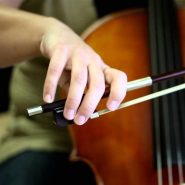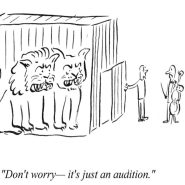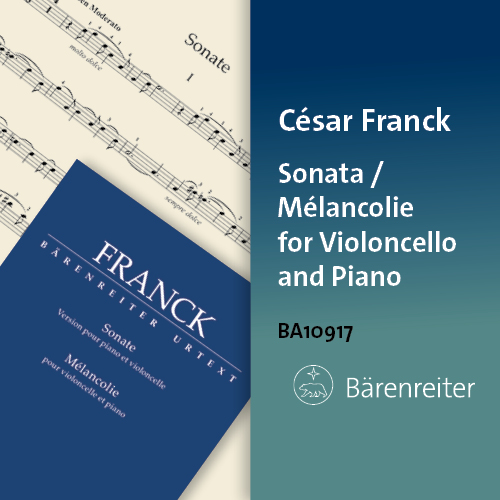Tag: process
By Jeffrey Zeigler March 12, 2013
Subjects Artists
Tags airports, Alix Spiegel, Amanda Palmer, Anna Clyne, Arizona State University, campaign, cello, cellobello, Chicago Symphony Orchestra, Composer-In-Residence, donations, emeritus psychologist, entrepreneurs, funding a project, fundraising, fundraising in the 21st century, goals as artists, Hare, incentives, KickStarter, Krishna, millions of dollars, NPR, online funding program, Paola Prestini, perks, personal connection, process, raising money, receive funding, Rule of Reciprocation, solo album, supporters, TED talks, vision into art, work of Robert Cialdini
By Selma Gokcen February 25, 2013
Subjects Playing Healthy
Tags Alexander Technique, arms, beauty, bend and extend, body at ease, bow strokes, Casals, cello, cello playing muscles, cellobello, challenges, collapse, contraction, dynamics, energy, fingers, flexible, function, Gokcen, Habits, importance of quietness, increased resistance, inner pitch, misguided effort and unease, nasal sound, neck, partnership, perspective, powerful accents, powerful arms, pressured sound, principle of opposition, process, pull and push, repeated sensory stimulation, Selma, sensitive gesture, sensory awareness, simple gesture, Six Part Series, teaching table, thinking in new ways, unwanted sound, volume, wrist
By Selma Gokcen February 3, 2013
Subjects Playing Healthy
Tags Alexander Technique, animate, arms, attention, automatic movement, back, behave, brain, cello, cellobello, collapse, doing, exploration, feet, fingers, force, Gokcen, Habits, hands, laying on the floor, learning, legs, manifest, mental messages, music, music-making, nature, neck, Observation, overcome deeply ingrained habits, Pablo Casals, Patrick Macdonald, perceive, powerful expressiveness, pressure, primary information, process, pushing, re-education, react, rediscovering, Selma, shortcuts, shoulders, strain, stretching, the value of quietness, thinking
By Selma Gokcen November 5, 2012
Subjects Playing Healthy, Practicing
By Brant Taylor March 14, 2011





